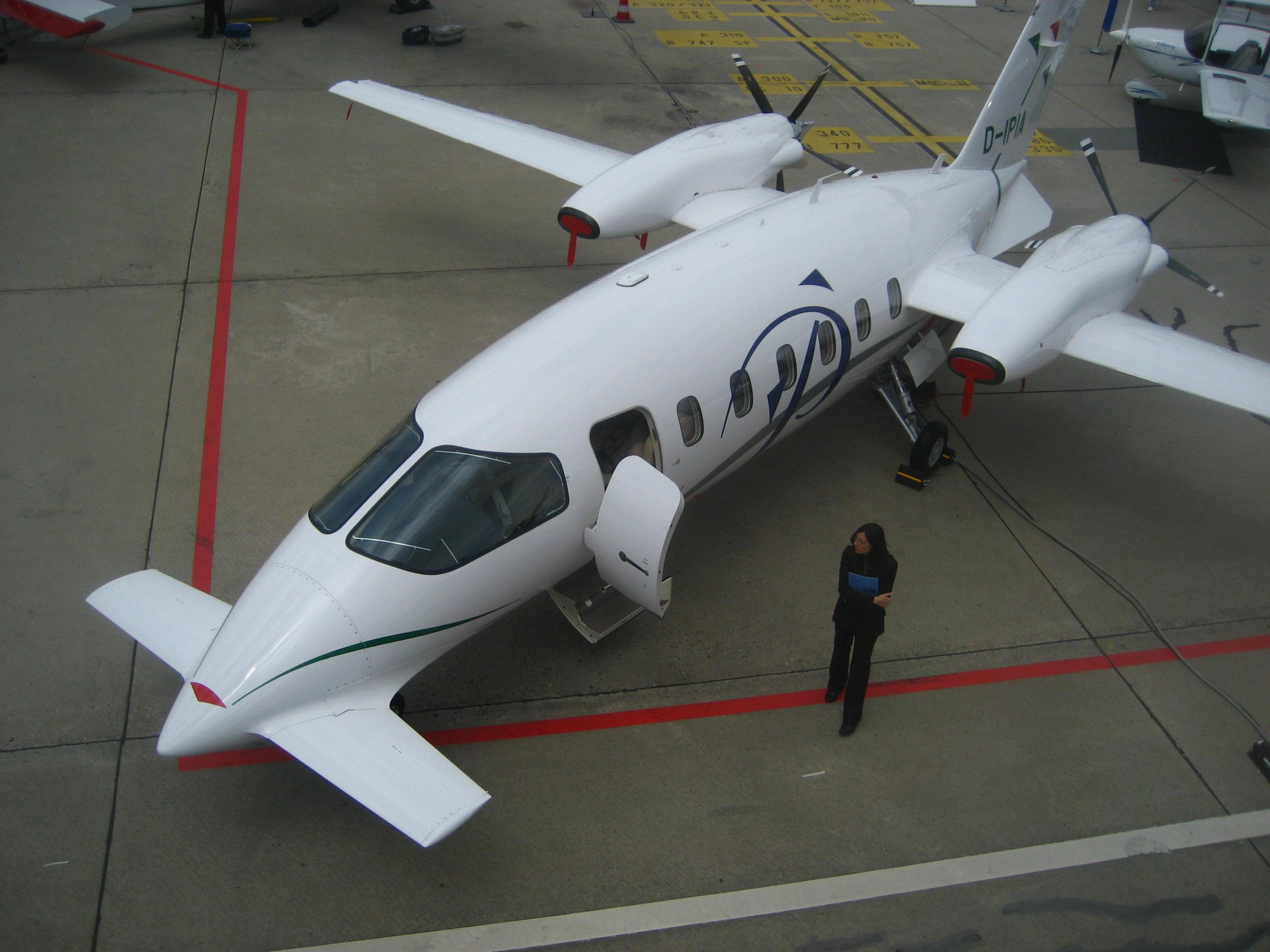In a startling revelation, over 1,600 airplanes, a significant number of which are civilian flights, have been affected by a wave of navigational disturbances across eastern Europe. This alarming situation unfolded in less than two days, with the majority of disruptions occurring around the Baltic Sea airspace. The incidents have been linked to persistent GPS jamming, with the affected regions predominantly in Poland and parts of southern Sweden.

An open-source intelligence account specializing in tracking GPS interference has brought to light the extent of this issue. The analysis showcases the breadth of the impact, with aircraft from various NATO countries in eastern Europe, including those navigating near the Baltic Sea, experiencing notable disruptions to their GPS signals. This interference can severely compromise the navigational systems of both manned and unmanned aircraft, misleading them about their actual location.
The source of the jamming has been attributed to Russian jammers located in the Kaliningrad region, an area nestled between NATO members Poland and Lithuania. Kaliningrad is known to host significant Russian military assets, including a major naval fleet, and is reported to possess extensive electronic warfare capabilities. This has led to heightened GPS interference, particularly across northeastern and northwestern Poland, as corroborated by publicly available tracking data.
The electronic warfare prowess of Russia, described by General Martin Herem of Estonia’s Defense Forces as ‘quite strong,’ aligns with what Swedish Lieutenant Colonel Joakim Paasikivi terms as ‘Russian influence activities or so-called hybrid warfare.’ The escalating GPS interference is seen as part of broader Russian strategies to create an ‘atmosphere of threat and a sense of helplessness in society,’ according to a Polish Defense Ministry official. These incidents underscore the growing complexities in modern warfare and the challenges posed by advanced electronic and cyber operations in international security dynamics.
The mysterious jamming has not only affected planes flying over the Baltic Sea but also those in German, Danish, Swedish, Latvian, and Lithuanian airspace. Interestingly, little to no interference appears to be taking place in Belarus, a staunch Russian ally, or in Kaliningrad itself.
The GPS jamming can confuse pilots by making them believe they are in a different location than they actually are. This has forced some pilots to revert to alternative navigational methods, such as inertial navigation, especially when traversing the affected areas.
A Lithuanian defense source told Newsweek that ‘Russian armed forces have a wide spectrum of military equipment dedicated for GNSS (Global Navigation Satellite Systems) interference, including jamming and spoofing, at varying distances, duration and intensity.’ Dr. Melanie Garson, associate professor of International Security at University College London, has called Russia’s dominance in the electronics war a ‘wake-up call’ for the UK’s military.
The recent spike in GPS disruptions has raised concerns among aviators and international security experts alike. The incidents have been described as ‘not like anything we’ve seen before,’ with aircraft being targeted with fake GPS signals, leading to a complete loss of navigational capability.
As the world watches these developments unfold, the need for heightened vigilance and technological advancement in electronic warfare becomes ever more apparent. The situation serves as a stark reminder of the vulnerabilities in our interconnected world and the potential for disruption by state actors engaging in sophisticated forms of warfare.




